Reducing household waste is not only beneficial for the environment but can also lead to significant savings on your household bills. We look at 23 practical ways you can cut down on waste and save money:
Compost Organic Waste
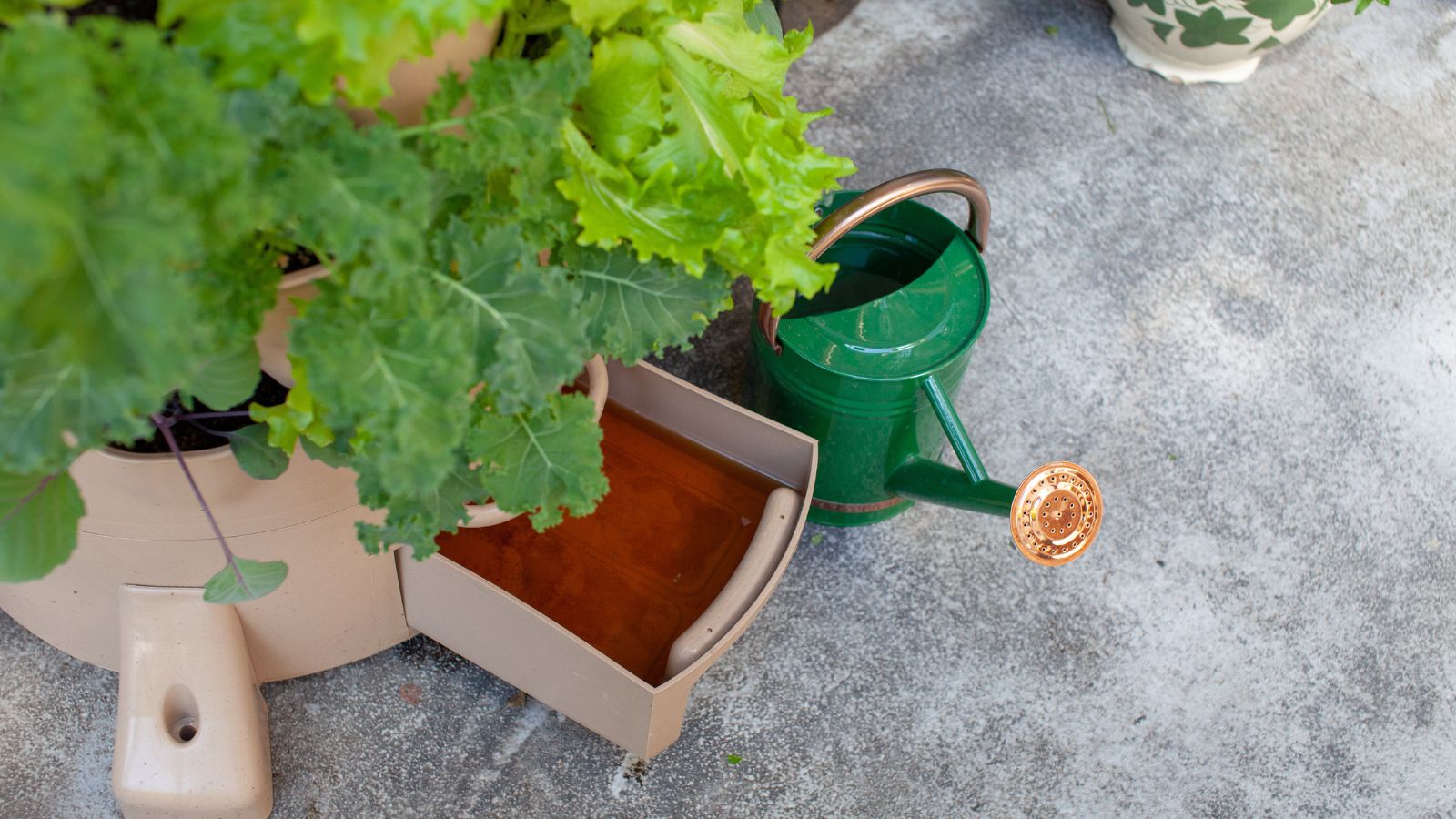
Composting food scraps and yard waste reduces the waste you send to landfills. While it may not save money in the short term, when it’s broken down and ready to use, your compost can be added to the soil in your garden to make it used as nutrient-rich. You can then grow your own veggies without the need to buy bags of compost at the garden center.
Grow Your Own Food
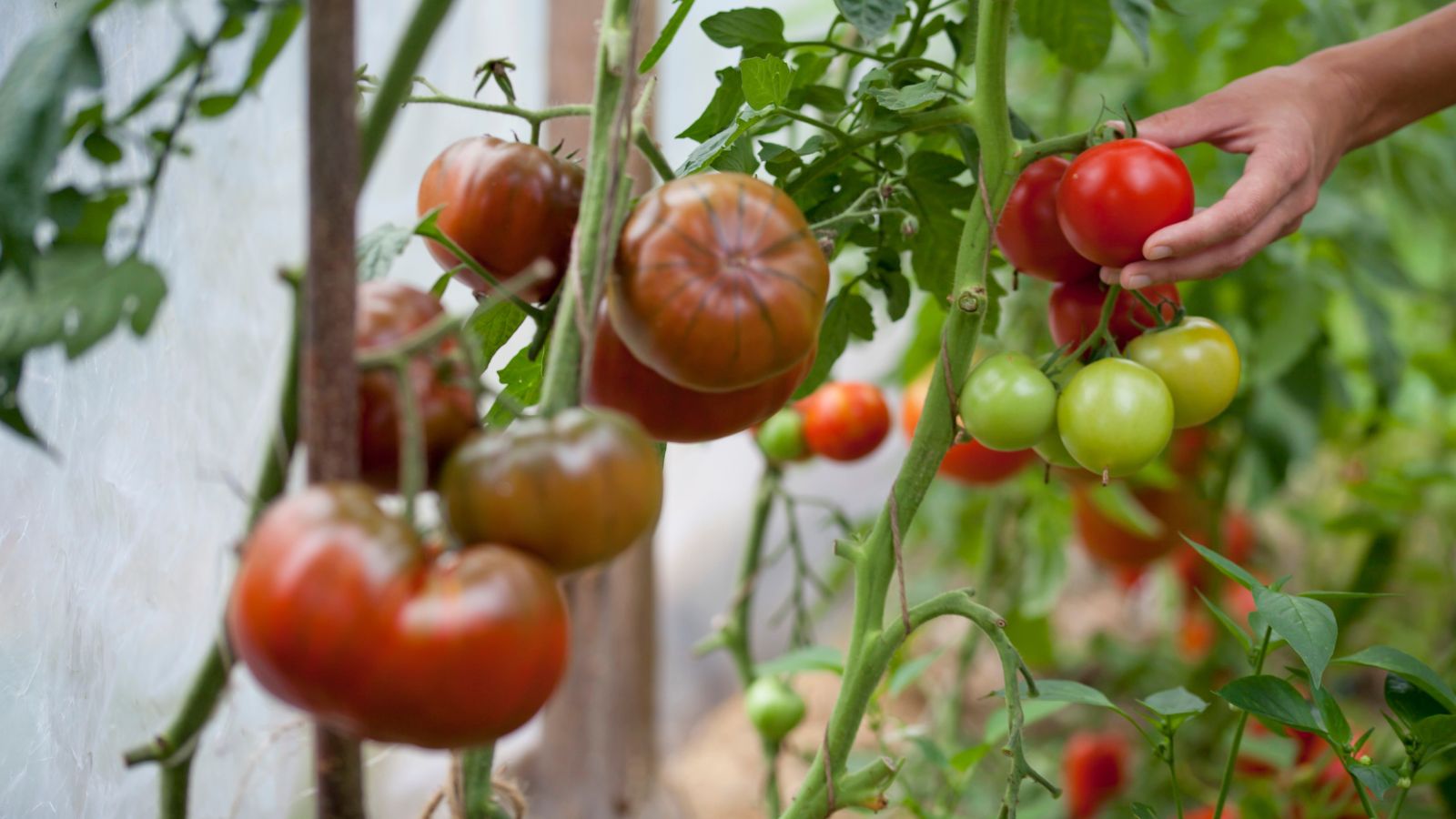
Growing your own food is a fun way to eat healthy, especially if you have vegetable-resistant children. You can start with easy fruits and vegetables such as potatoes and carrots and gradually work your way up to growing more complicated foods such as broccoli and corn. Growing your own also reduces packaging waste from store-bought vegetables and will save you money on groceries.
Use Reusable Bags
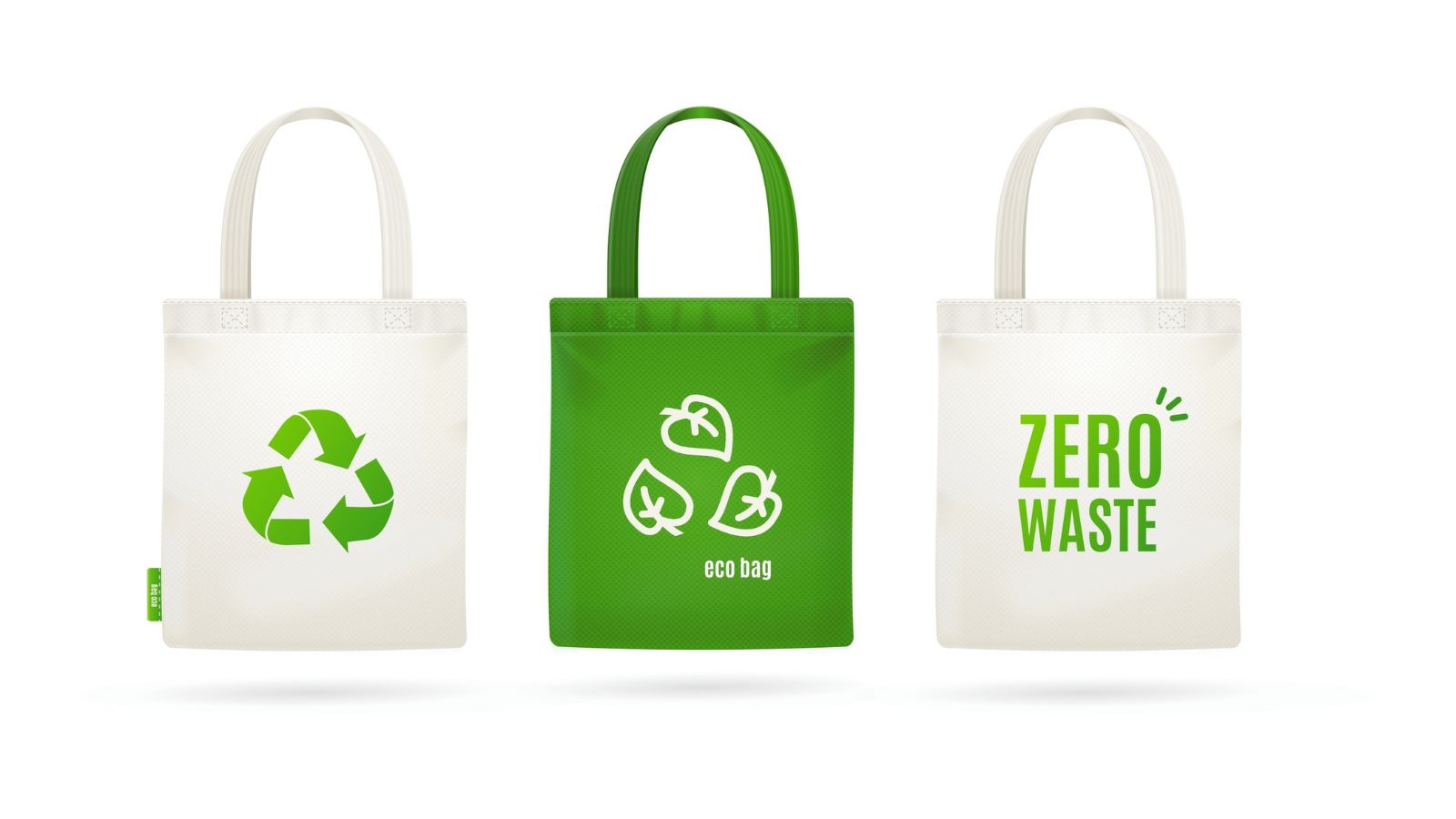
Invest in sturdy, reusable bags for shopping trips so you don’t buy single use plastic bags. This reduces plastic waste and can save you money as stores now charge for plastic bags. Once you have unpacked your shopping pop the bags back in the car so you never forget to take them to the store.
Opt for Refillable Water Bottles

Switching to refillable water bottles instead of buying single-use plastic bottles can save you a lot of money. This behavior also reduces plastic waste, which is better for the environment as we bid to reduce climate change.
Buy in Bulk

Purchasing items in bulk reduces packaging waste and can be more cost-effective when it comes to your monthly grocery bills. You can buy reusable containers to store your bulk buys but remember not to buy too many items with a shirt shelf life as this will add to waste.
Batch Cook

After meal planning and buying what you need in the grocery store, you can start batch cooking for the week ahead. If you make a large batch of food, such as stews and curries, that can be later separated into individual meals; you don’t risk leaving food run out of date in your refrigerator. Batch cooking can also save money and time.
Use a Pressure Cooker

Pressure cookers cook food faster and use less energy, meaning you’re not wasting energy and you’re reducing your costs.
Use Cloth Napkins and Towels
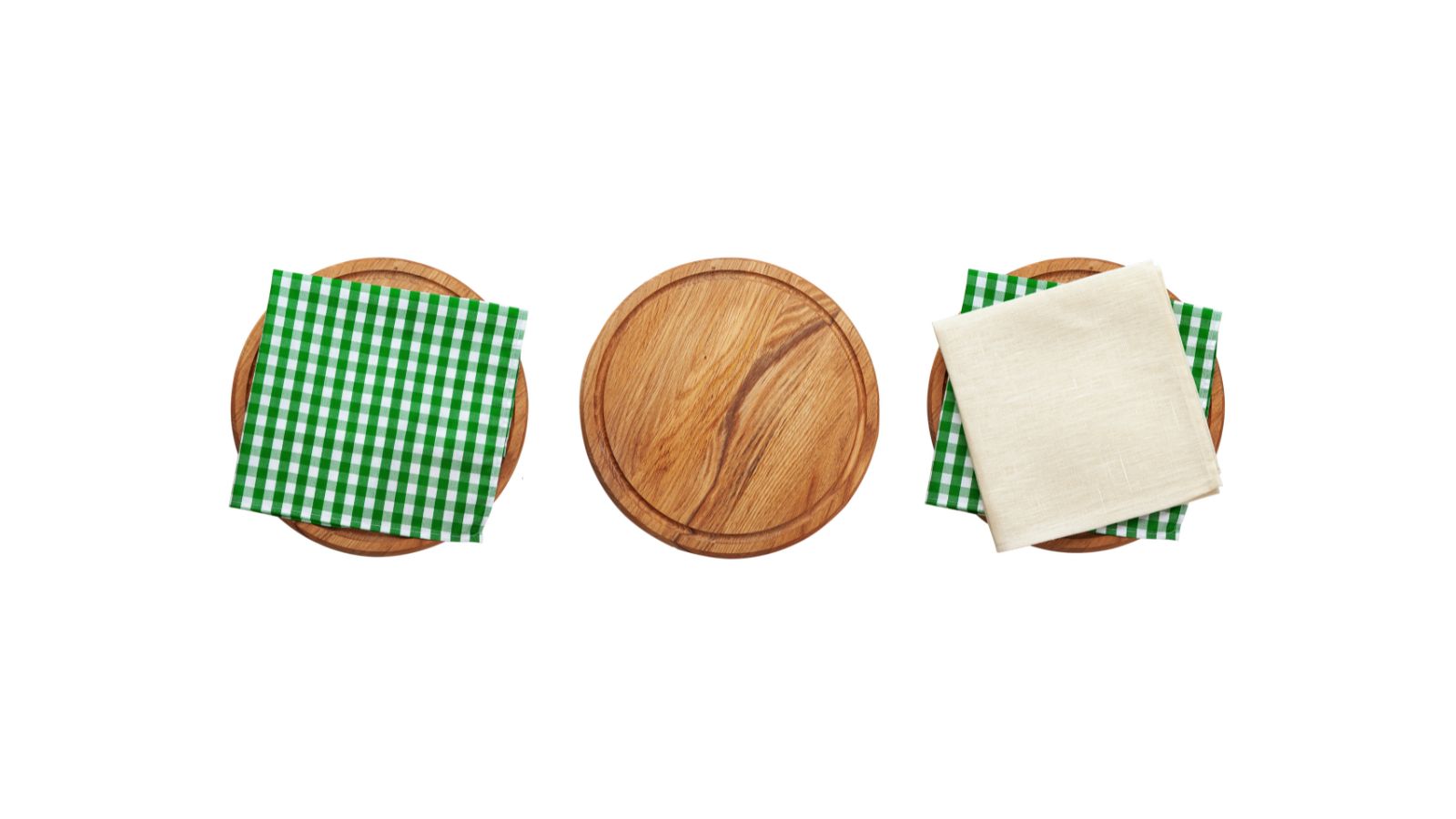
Replace paper towels and napkins with washable cloth alternatives to reduce paper waste. You will feel better for not adding to the landfill and will also benefit from the monthly grocery store savings.
Recycle Properly

Many people throw all of their recycling into one trash can, which can be difficult to sort at the recycling center. Make sure you follow your local recycling guidelines, which usually tell people to separate paper, tin, glass, and plastic.
Repair Instead of Replace

Instead of throwing items away as they have a small hole or chip, fix them up and use them until they are worn out. Having a sewing kit, glue, and a small toolbox can fix many household items.
Avoid Single-Use Products
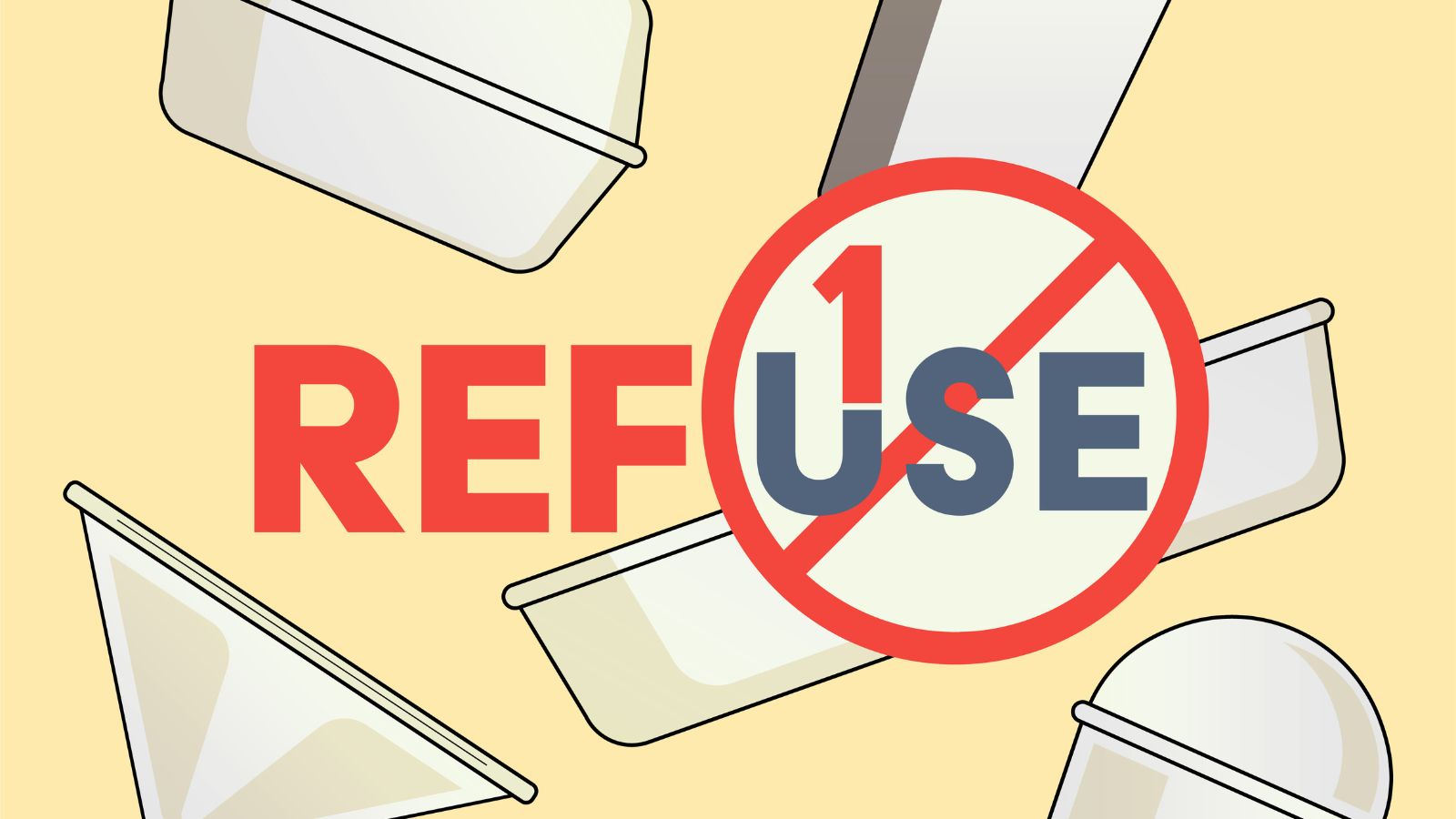
Any use of single-use products like plastic utensils, straws, and plates should be limited. All single-use items can save time when washing up. They aren’t always recyclable, and the cost of keeping a supply of everything will increase.
Plan Meals and Shop Smart

If you find you eat out a lot or order in because you have no food in the refrigerator you may want to think about planning your meals at the beginning of the week and ensuring you have all ingredients in stock.
Use Energy-Efficient Appliances

Investing in energy-efficient appliances may cost a bit when you first buy them but it will reduce electricity consumption long term. Not only will you help the environment, your electricity bills will be significantly lower.
Install a Water Filter

Using a water filter eliminates the need for bottled water and reduces plastic waste. It’s a cost-effective solution for clean drinking water if your tap water is harsh or contaminated.
Use Leftovers
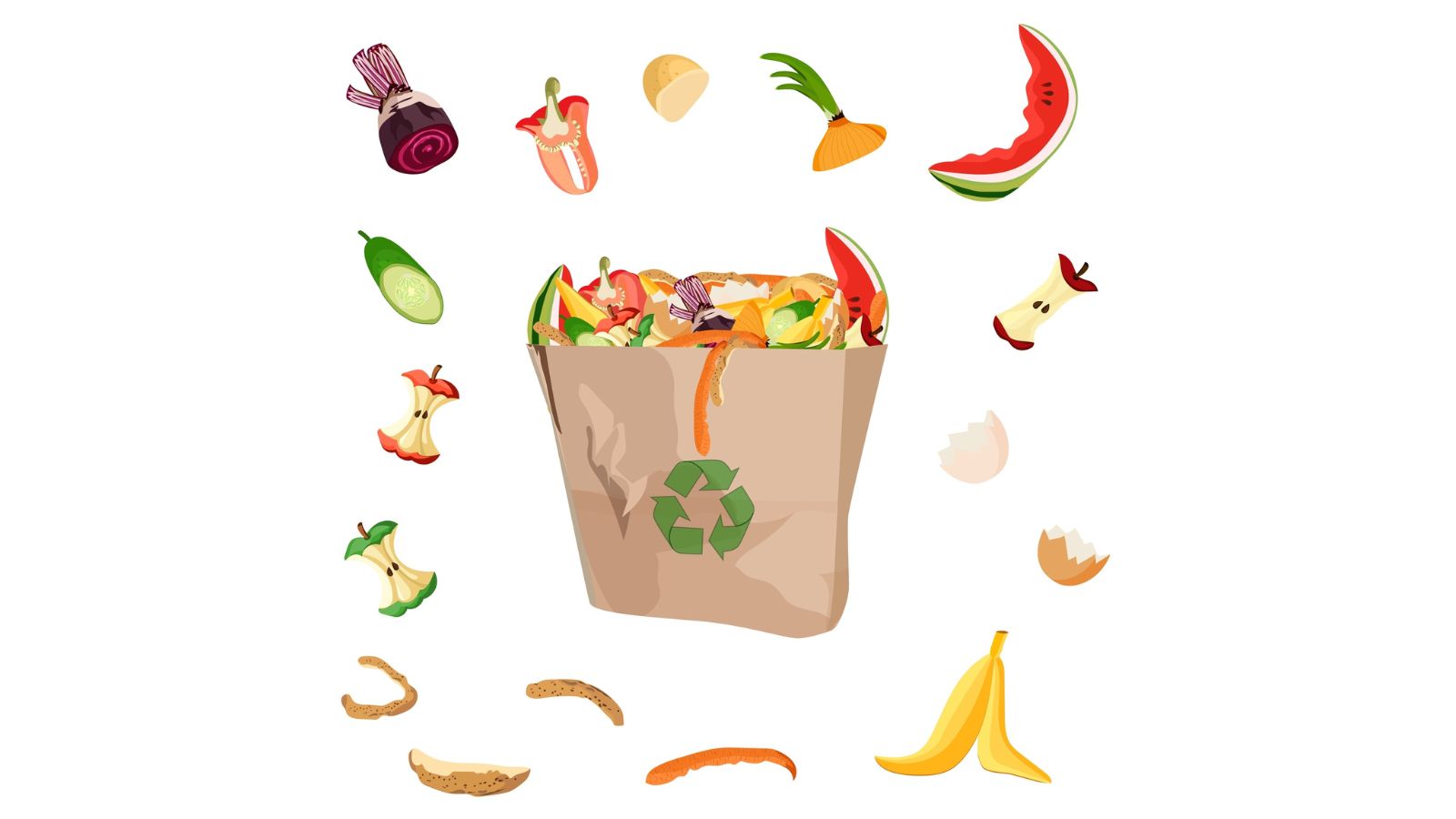
If you have made too much food for dinner, wrap it and store it in the refrigerator so that it does not go to waste. You can either save up all of your leftovers to have a fun ‘leftover day’ at the end of the week or save money on your lunch by reheating your food at the office the next day.
Switch to Digital

Opt for digital versions of newspapers, magazines, and bills to save paper going into the recycling bin. Digital products reduce paper waste and often offer cost savings through subscriptions and billing services.
Use a Rain Barrel

Collecting rainwater using a rain barrel is a great way to conserve water. While you won’t be able to drink this water you can use it when gardening or cleaning outdoors. Not only will collecting rainwater conserves water it will reduce your utility bill.
Donate Unused Items

Instead of throwing away unused items in the trash, donate them to charity. You can try local thrift stores or advertise online through social media and freecycle sites. This reduces waste and helps those in need at the same time.
Choose Products with Minimal Packaging

When shopping, select products with minimal or recyclable packaging to reduce waste. This means not choosing fruit wrapped in thin layers of plastic but buying it loose or in paper bags that can be recycled. While pre-prepared foods can be great for those with disabilities, if you can buy whole foods out of packaging, you will create less waste.
Practice Minimalism

Try not to be tempted by keeping up with what your friends and neighbors have, as you will often end up buying things for the sale of it. Instead, adopt a minimalist lifestyle by buying less and choosing high-quality, durable items. This reduces waste and saves money over time.
Borrow or Rent Instead of Buy

For items you use infrequently, such as cake mixers or jet washers, consider borrowing from friends or renting. This reduces the need for storage space and minimizes waste. There are also online rental services where you can hire dresses and handbags for a special evening out.
Choose Eco-Friendly Products

Support companies that produce eco-friendly products with less packing and limited toxic waste. These items, such as shampoo bars and laundry detergent, are often made from sustainable materials and designed to last longer, reducing waste over time.
Turn Down Your Thermostat

It is easy to ignore our thermostat, and we may not realize that our home is not at the optimum temperature, which could be a waste of energy. For example, changing your thermostat from 7°F to 10°F can save you 10% on your yearly energy bill.
The 10 Most Reliable Car Brands According to Mechanics
When choosing a car, one of the most crucial factors is reliability. But what exactly does it mean when we say a car is reliable? Reliability refers to the vehicle’s ability to perform consistently well over time with minimal issues. A reliable car requires fewer repairs, is cost-effective to maintain, and offers peace of mind to the owner. In this article, we delve into the ten most reliable car brands according to mechanics, explaining why these brands are trusted and highlighting endorsements from institutions, car experts, and reputable websites. The 10 Most Reliable Car Brands According to Mechanics

Abhishek Ragunath is specialized writer for Trendonomist focusing on topics related to Investing, Money, Technology, Marketing and everything in between. He enjoys hiking, travelling, and is a self proclaimed foodie! He has written for brands including Hashtag Investing, Motely Fool, WallstreetZen & More.
